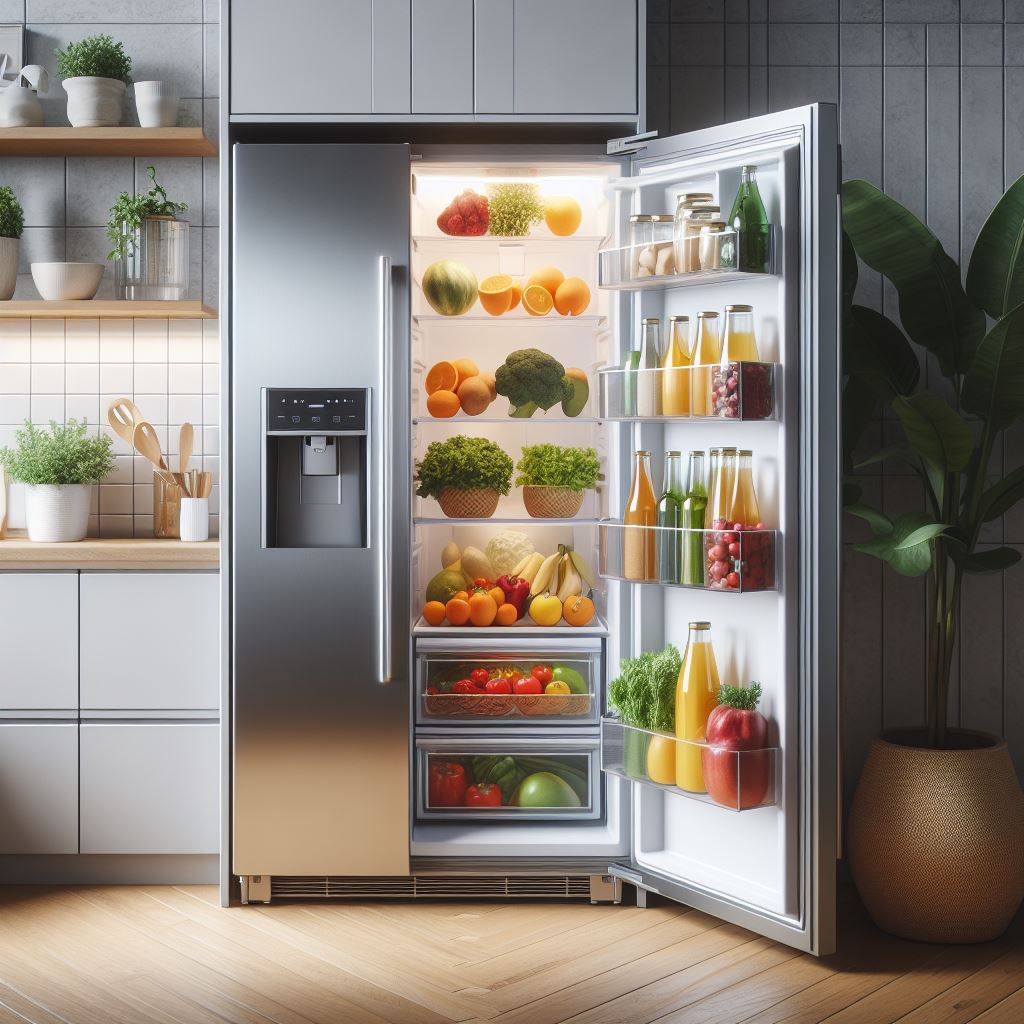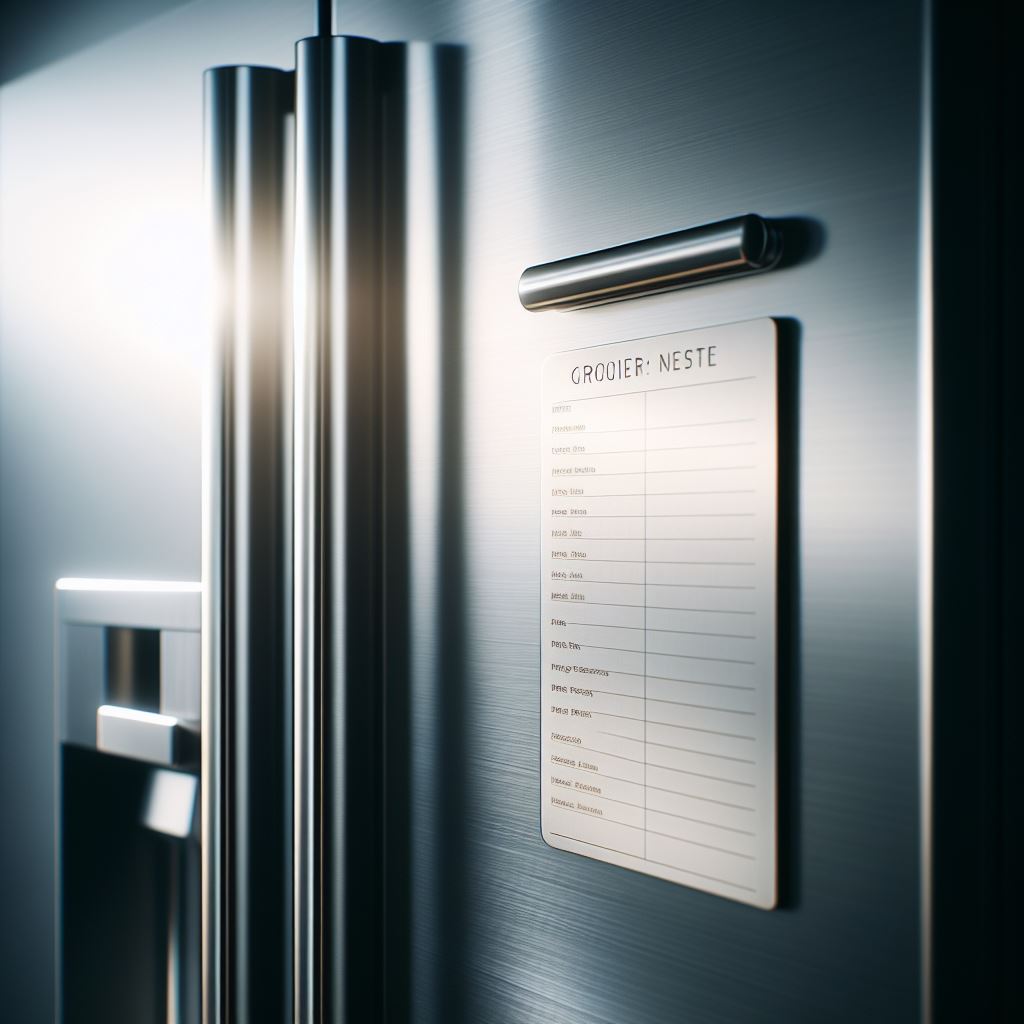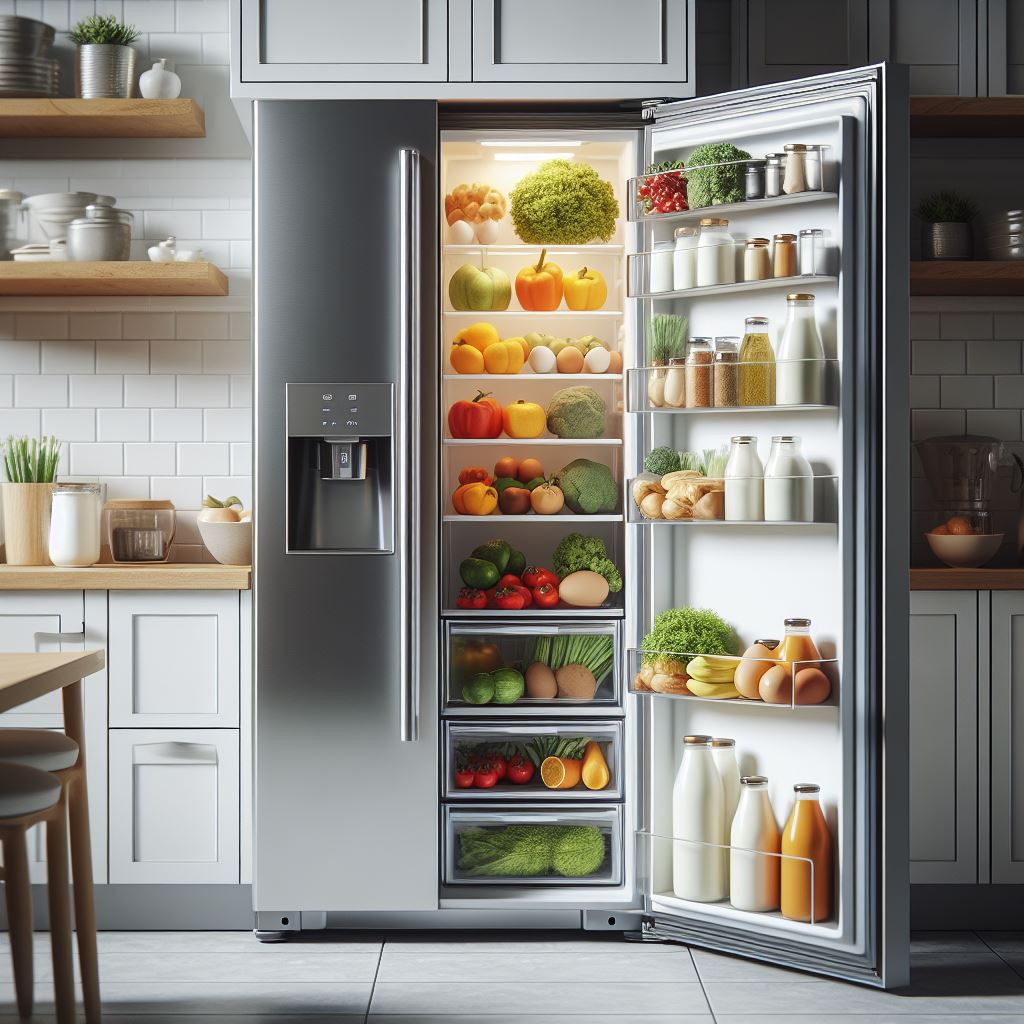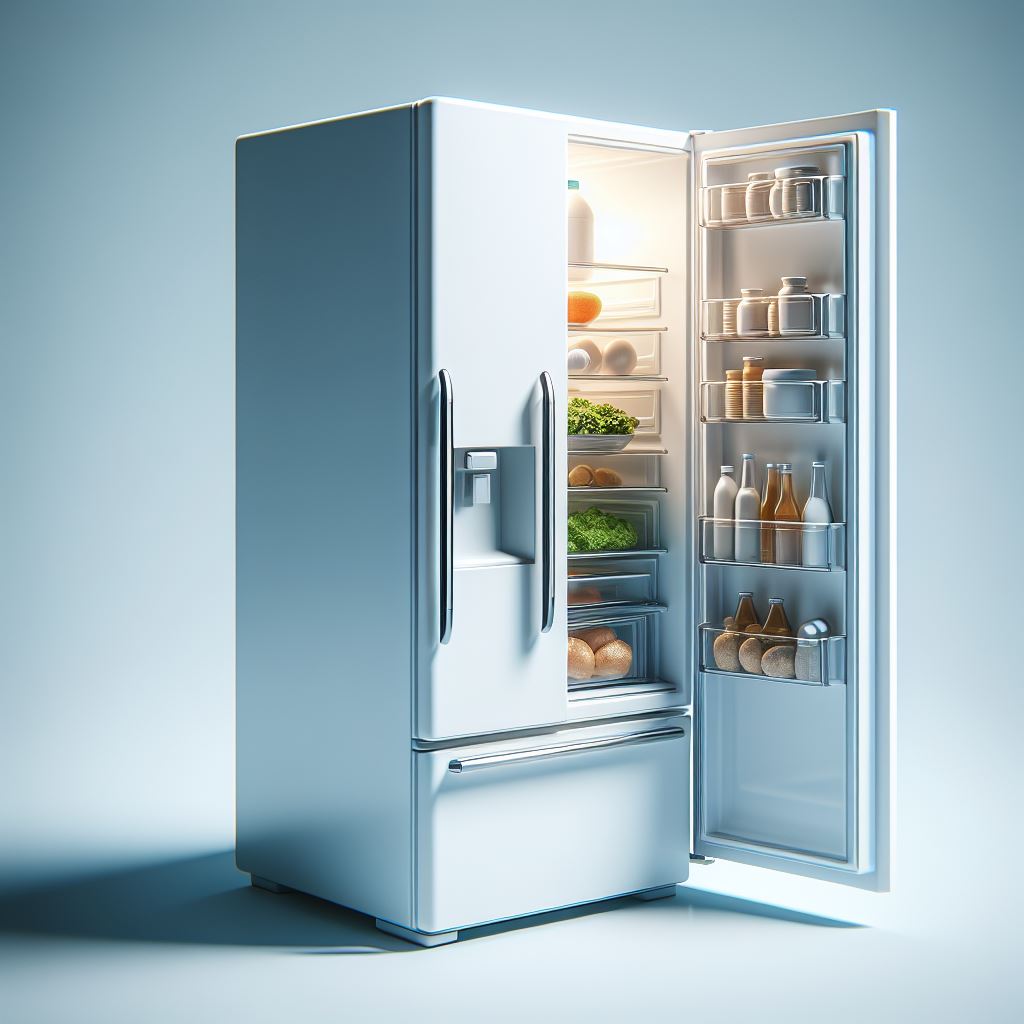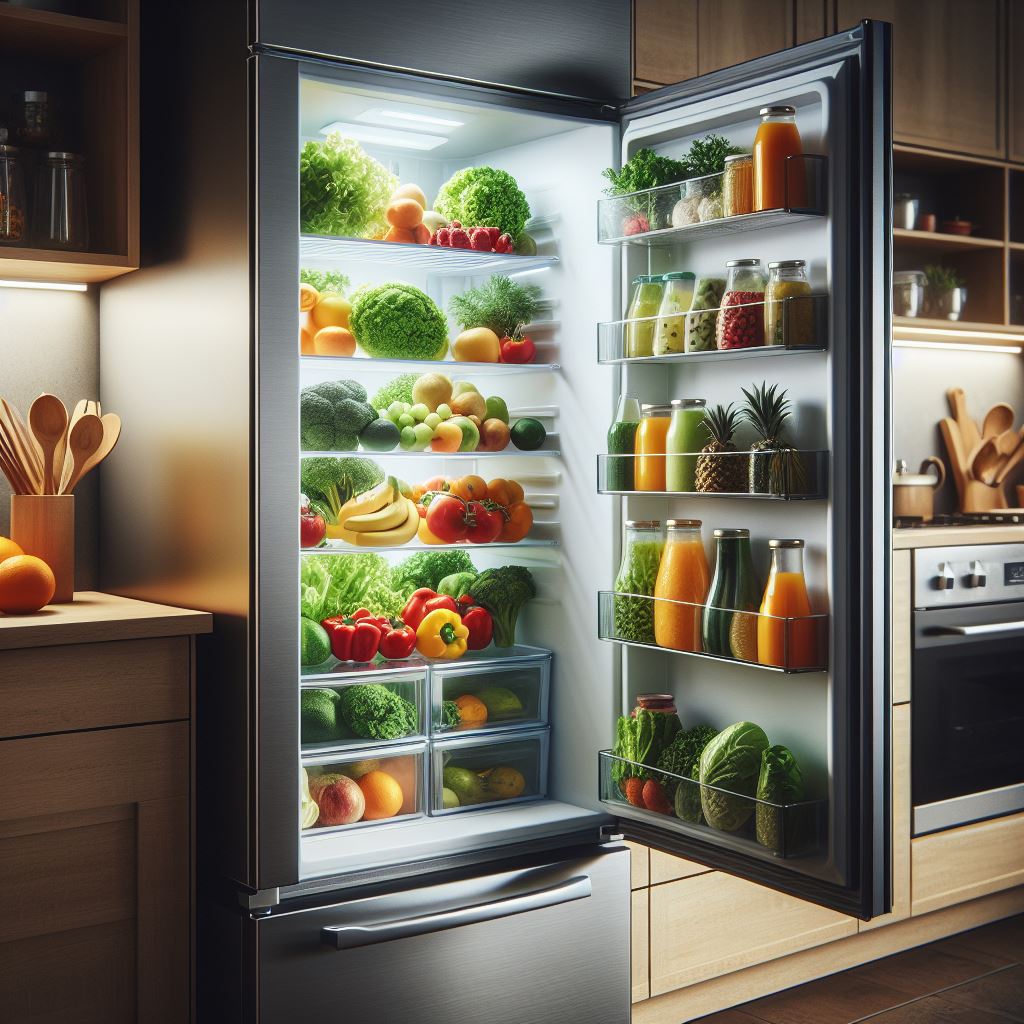When your GE refrigerator starts emitting a loud humming noise, it can be both annoying and concerning. Understanding the reasons behind this noise and how to address it can help you maintain your refrigerator’s optimal performance.
In this comprehensive guide, we will delve into the causes of the humming noise in GE refrigerators and provide practical solutions to resolve this common issue.
The Refrigeration Cycle and Its Impact on Noise
Exploring the Basics of Refrigeration
Refrigerators operate on a complex system involving the compressor, refrigerant, and various components to maintain cool temperatures. The compressor plays a crucial role in circulating the refrigerant and regulating the cooling process.
Relationship Between Compressor Operation and Noise
The compressor in a refrigerator can generate vibrations and noise during its operation. These sounds can be amplified by the refrigerator’s structure, leading to the characteristic humming noise that many users experience.
Common Causes of Humming Noise in GE Refrigerators
Compressor Issues
Compressor problems, such as wear and tear, malfunction, or lack of maintenance, can result in increased noise levels. Regular inspection and maintenance of the compressor can help prevent excessive humming.
Refrigerant Leaks
Refrigerant leaks can disrupt the refrigeration cycle and cause the compressor to work harder, leading to louder humming noises. Detecting and repairing leaks promptly is essential to maintain the refrigerator’s efficiency.
Mechanical Component Problems
Issues with mechanical components like fans, motors, or condenser coils can also contribute to humming noises in GE refrigerators. Regular cleaning and maintenance of these parts can help reduce noise levels.
Troubleshooting and Resolving the Humming Noise
Step-by-Step Troubleshooting Guide
- Inspect the Compressor: Check for any visible damage, unusual sounds, or excessive vibration.
- Examine for Refrigerant Leaks: Look for signs of oil or refrigerant leaks around the compressor or refrigerant lines.
- Assess Mechanical Components: Ensure that fans are clean and functioning properly, and check for any obstructions in the condenser coils.
DIY Solutions for Common Issues
- Cleaning the condenser coils to improve airflow and reduce strain on the compressor.
- Checking and tightening any loose components that may be causing vibrations and noise.
- Ensuring the refrigerator is level to prevent excessive vibrations and noise.
Professional Assistance and Maintenance Tips
When to Seek Professional Help
If DIY troubleshooting does not resolve the issue or if there are signs of significant damage to the compressor or other components, it is advisable to seek professional assistance. Certified technicians can diagnose and repair complex issues effectively.
Maintenance Tips for Noise Prevention
- Regularly clean and inspect the refrigerator’s components to prevent dust buildup and obstructions.
- Schedule professional maintenance checks at least once a year to ensure optimal performance and address any potential issues early.
Restoring Peace and Quiet to Your Kitchen
In conclusion, addressing the humming noise in your GE refrigerator requires a systematic approach that involves understanding the root causes, performing thorough troubleshooting, and seeking professional help when needed.
By maintaining your refrigerator regularly and addressing issues promptly, you can enjoy a quieter and more efficient appliance that keeps your food fresh and your kitchen peaceful.

